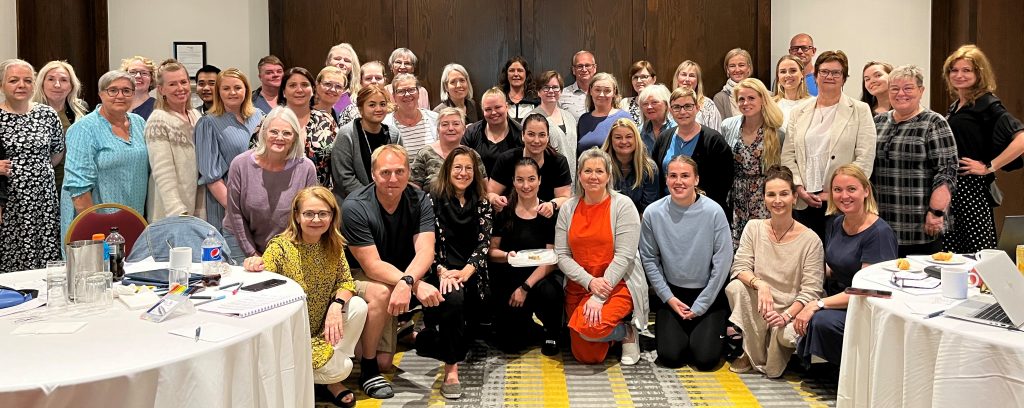
Restitution is a philosophy of discipline that is based on intrinsic motivation. It is created by
Diane Gossen and based on William Glasser’s Control theory principles. Restitution
Helps students to develop self -discipline and helps teachers to become better managers and
mentors. We learn to become the student or the teacher we want to be even in difficult
situations.
Restitution focuses on how people can creatively correct their mistakes emphasizing positive
solutions. Mistakes are viewed by all as opportunities to learn and grow. We learn to make
things right with people.
We understand that all behavior is purposeful and that we are making choices to meet (satisfy)
our needs of love and belonging, power, freedom, fun and survival. We have pictures that are
uniquely personal and specific about what will meet our needs. Often a behavior you see as
disruptive is simply another person trying to meet their needs in the best way possible. People
do the best they can do at any given time. We can all learn better ways to meet our needs that
do not hurt ourselves or others. Frustration arises from an unmet need. Whether you are
seeking something or avoiding it all behavior is purposeful. Our philosophy helps students and
teachers understand their behavior and how to meet their needs. When a child is misbehaving
rather than saying, “What can I do to this child to make him/her behave.” we ask “What is the
need behind the behavior?”
When conflicts arise, we teach youth to make restitution rather than applying external
consequences. Students are guided rather than being guilted or punished. We keep the
student’s self -esteem intact by not shaming or blaming.
Each classroom develops a social contract. A social contract is an agreement created by all
members that describes how they want to be together and how they want to treat one
another. The school creates a social contract for the entire school based on the classroom
contracts. We have parent evenings and encourage parents to create family social contracts.
We ask questions like
“What kind of teacher/ parent/ student do I want to be?
“How do we want to treat one another?”
“How do we want to be together?”
“If we are the best classroom in the school…what will that look like, sound like and feel like?”
A school journey can take 3-5 years to full fruition then you continue to self -evaluate.
In our school, after implementing restitution the behavior plans went down considerably.
First year we had 22 plans
Second year we had 18 plans
Third year we had 12 plans
Fourth year we had 6 plans
Fifth year we had 2 plans
Students, parents and staff members learn the skills and tools to collapse conflict, fix their
mistakes and restore harmony in relationships.
The changes we see in our school are:
– A continual reduction in office referrals
– A continual reduction in behavior plans
– Increased communication
– Increased parental involvement
– Less conflict at staff meetings
– Increased empathy and tolerance
– Increased teamwork and collaboration
– Improved morale
– Increased joy in teaching and learning
– Increased pride in our school


